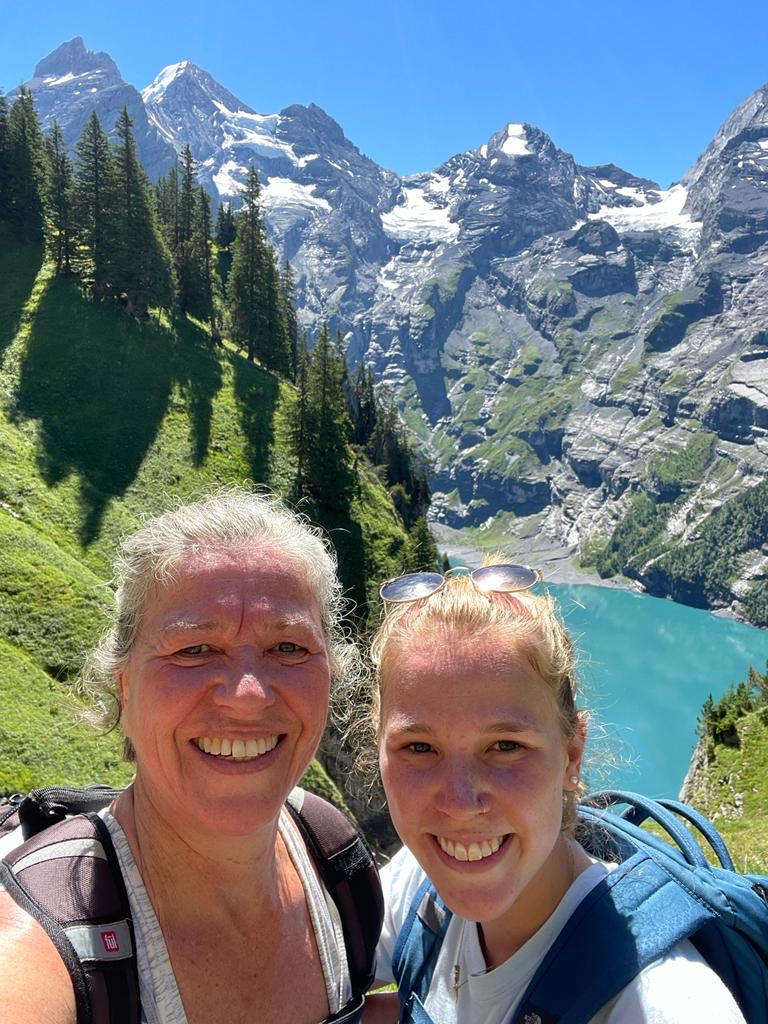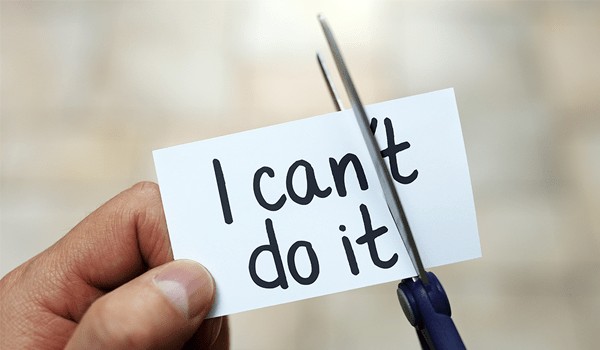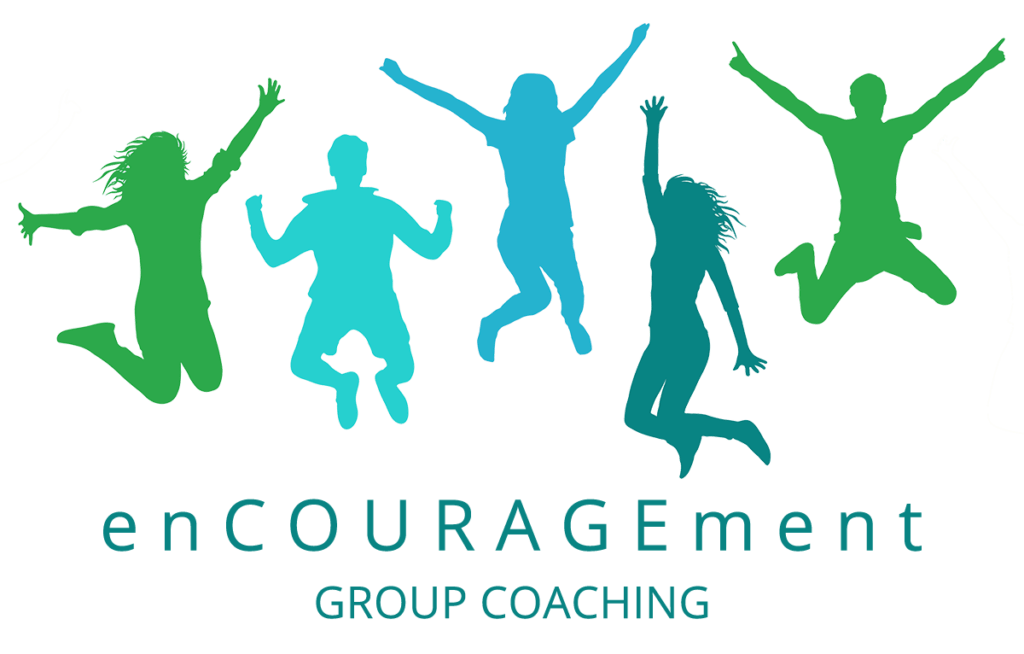Did you know you can sign up to receive my newsletter straight to your inbox? Click here
I hope everyone had a wonderful summer and feels refreshed and refueled for the new work year ahead. What fun things did you do – and how did your summer adventures help you come back ready and encouraged to tackle the work and challenges ahead? Please do let me know in the comments, I’m eager to hear.

For my part, I did something I hadn’t done since my husband died 11 years ago: I took a real vacation! Which means that I actually took a couple of weeks during which I did not work!! When my husband was still alive, we used to take an annual family vacation in the summer for a couple of weeks, during which none of us would work. But being a solopreneur and single mom of two kids after he left us, I always felt like I couldn’t really stop working – ever. Wouldn’t I lose business if I told people I was away?
This summer was a real treat, and I definitely came back rejuvenated and feeling very much encouraged and excited about what’s ahead. And that’s what inspired me to pick encouragement as our topic for this newsletter.
You’ve been around these newsletters long enough by now and you know this: I am “The Challenge Coach”. But if you haven’t visited my website or you are not one of my clients, you may not know what "challenge coaching" means exactly? I help my clients get through to the other side of their big life challenges, and I help them transform these challenges into growth and success. What that means is that together, my clients and I work on making lemonade out of lemons.
How do we do this, you ask?
Of course, we use various coaching tools out of a large coach’s tool box. But I am sure that if you asked my clients what’s different BEFORE and AFTER the coaching started, most of them would say this: they came to coaching because they were mightily discouraged, and that through the work they did in coaching, they regained a sense of courage and they left very much re-encouraged.
WHAT’S IN THE WORD?
In case you didn’t read the last newsletter, (it’s never too late 

And inside of the word courage is the French word COEUR, which means HEART:

Therefore, feelings of discouragement or encouragement have everything to do with feeling enheartened or not. Do we believe, with all of our heart, that we have what it takes to tackle a challenge that’s in front of us? Or have the challenges life has thrown at us taken a toll on our hearts, and given us a sense that we cannot cope with them anymore?
Having courage or not is the difference between seizing life and all its tasks, all its challenges, and working through them – no matter how hard; or believing that we can’t and feeling pretty awful in the process. It’s the difference between succeeding in life and its tasks, or failing at them. Because remember this: when we feel good (i.e. encouraged), we do well (we tackle life productively). When we feel bad (i.e. discouraged), we don’t do so well (we fail at life tasks and we flail in the face of life challenges.)
THEREFORE ENCOURAGEMENT MATTERS!

THE PHYSIOLOGY OF COURAGE
Discouragement and encouragement are not just a mental or emotional quality: they have a physiological impact as well. When we are discouraged, we are physically weaker. Discouragement is stressful and manifests as stress hormones in the body. When we are encouraged on the other hand, we are literally physically stronger and healthier. Encouragement releases a DOSE (Dopamine, Oxytocin, Serotonin and Endorphins) of hormones in our body and creates a physiology of strength. There are some exercises one can do to actually experience this phenomenon in one’s own body.
SPOILER ALERT! You can experience this for yourself as part of my upcoming enCOURAGEment Group Coaching program. Read on to learn more!
DIFFERENT TYPES OF DISCOURAGEMENT

There are different types of discouragement: the temporary kind when we are faced with something we have never had to deal with before (for example failing a test you have worked very hard for, or your boyfriend or girlfriend breaking up with you, or even experiencing the first death of a loved one in your life). Those kinds of discouragements live in the school of the hard knocks of life. In that same school is also where “what doesn’t kill you makes you stronger” lives.
There are also some discouragements that are unique to a specific skill, and are therefore ongoing. For example, when we believe we are “bad at math”, or “socially awkward”, or “bad at relationships” – leading us to give up on this particular task or skill before we even try.
The worst kind of discouragement, though, is the pervasive one that happens when we have accumulated so many of the discreet ones, and/or life has thrown us so many challenges – that we become endemically challenged and just don’t want to get out of bed anymore. Profound discouragement is having lost courage, lost heart, and usually takes a significant mental and physical toll: it can lead to depression and/or to illness.
HOW TO DEVELOP COURAGE

Courage is like a muscle that develops when we use it: we are not necessarily born courageous. Actually, Aristotle said “courage is the first of human qualities”. We become courageous when we are faced with life challenges and somehow overcome them. Thus the analogy of the school of hard knocks of life. Life knocks you down, you get up and keep going: you have just strengthened your courage muscle.
Picture a little toddler who just learns how to walk: they take a couple of steps and fall. They pull themselves up and try again! They now know that they CAN DO IT. Similarly, once you have gone through a challenge successfully, you now know that when this particular event happens to you, you can survive and you can overcome. And you now know that you’ll be able to overcome again.
Unfortunately, as I often tell parents in my parenting classes or my coaching clients, “your next life challenge is probably in the mail” … We all know that life is not a long tranquil river or a bed of roses. Is there a way that we can develop our courage muscle pro-actively – before we have to do it the hard way? Can courage only be developed through suffering first?
I’m so glad you asked. The answer is NO: we don’t have to suffer to become courageous. As the saying goes: pain is unavoidable (life challenges will happen), but suffering is optional (it is possible to deal with life challenges courageously).
There are many encouragement strategies available to us all, and to develop them is like going to the “courage gym”. The more we frequent the courage gym, the stronger we become in courageousness, and the more encouraged we go through life.

Giving someone else or oneself verbal encouragement is merely planting the seeds of courage in someone else or ourselves with words of acknowledgement and/or encouragement. I call this the technique of the “talking mirror”, or “news one can use”. It consists of noticing progress, effort or success and sharing what we notice very specifically. Verbal encouragement can also take the form of genuine curiosity in the form of interested questions. Finally, verbal encouragement toward ourselves can be mantras that we repeat to ourselves to “pump ourselves up”.
Here are some examples of this powerful and universal encouragement technique:
- “You were really nervous about this presentation, but you faced your fears and made it a priority, and you worked on it until it was finished. Good for you!”
- “You really hate cleaning – but you stuck with it all morning and look at how clean the kitchen is now. I appreciate your hard work so that we can cook and eat in a clean kitchen.”
- “Remember where you were when we started coaching? And look at where you are now. How does it feel to you?”
- “Look at you: just a couple of months ago, you had no idea what kind of career direction you wanted. And here you are, ready to start a new certification and with a plan in place. Good for you!”
“I can do hard things. I have done this before and I can do this again, because I can do hard things.”


Physical encouragement is the same as verbal encouragement but with gestures and movements instead of words:
- If you are watching someone you know (child or partner or friend) play volley ball and they just had an amazing block or hit, you could give this person a “thumbs up”, or cheer loudly.
- When coming out of an important and successful client presentation, two colleagues could give each other a “high five”.
- When the bride or groom walks down the aisle and looks at their parents, the parents could give them a gentle smile and nod.
Not only do gestures of physical encouragement release endorphins in the receiver, but in the sender as well! Encouragement in all its forms is a self-fulfilling prophecy that keeps on giving: the more you practice it, the more others around you AND yourself will feel encouraged – and want to keep on giving it and receiving it. It literally FEELS good.


The behavioral encouragement technique of “acting as if” might as well be called “fake it till you make it”! Again, this technique can be used toward others, but it can also be used on ourselves:
- In parenting, it can look like setting a limit for a child and then walking out, embodying the conviction that the child will uphold the limit.
- For ourselves, it can be used in taking on a physical warrior posture before walking into a difficult conversation or an important interview. It can also look like “zipping up” (as if you were zipping up a jacket) to protect oneself against negativity. It can look like putting on a smile before walking into a hospital room to visit a dear very ill patient.
Pretending “as if” we were something or someone we are not yet, is embodying the role we want to achieve, getting us closer to that role or person and helping us on the path to achieve that role.


Again pointing you back to the last newsletter: one of the assumptions of Adlerian Psychology is that life happens at the level of movement, not words (remember the quote: “don’t listen to the tongue in the mouth, watch the tongue in the shoe”).
At the beginning of this newsletter, we discussed how discouragement often leads to paralysis, to shrinking and to not doing. And discouragement often originates in our thoughts: we believe we can’t do something, or we believe that we won't be able to face a challenge. But that belief is a thought which lives in our heads. And as the other saying goes, we shouldn’t believe everything we think!
The antidote to discouragement-based inaction or paralysis is action. I always tell my clients: get off the hamster wheel of your thoughts, look at your feet, and start putting one foot in front of the other. That will start your movement, and before you know it you will be on your way out of discouragement and into action (in turn leading to encouragement).

I hope you have enjoyed learning a little more about the very important concept of encouragement, and that you have found a few tips you will be able to start implementing in your own life right away. If you're not sure where to begin, READ ON! I have an exciting announcement below...
To you in encouragement,

Did you know you can sign up to receive my newsletter straight to your inbox? Click here

Can you relate to any of the following?
- I've been feeling discouraged recently because of a new setback I've never encountered before and I'm at a loss as to how to handle it.
- I've felt discouraged for a while about a specific area that I just can’t master.
- I feel seriously discouraged because things are coming at me faster and stronger than I can handle.
- I'm about to throw in the towel but know I can’t or shouldn’t.
- I need a good dose of courage.
THEN THIS IS THE PROGRAM FOR YOU!
This four-week group coaching program will boost your courage: together we will find the sources of your discouragement and BUST them, and learn how to grow your courage to better tackle your life challenges! Each weekly session will contain:
- Educational components
- Introspective self-work
- Group work, sharing and support
The program is highly interactive, deeply introspective and also lots of fun, in a very mutually respectful and completely confidential framework.
WHEN:
- Friday October 21, 12-1pm
- Friday October 28, 12-1pm
- Friday November 4, 12-1pm
- Friday November 11, 12-1pm
WHERE: Zoom
COST: $350
The group is limited to no more than 8 people to keep it small and intimate so BOOK NOW to avoid disappointment!




